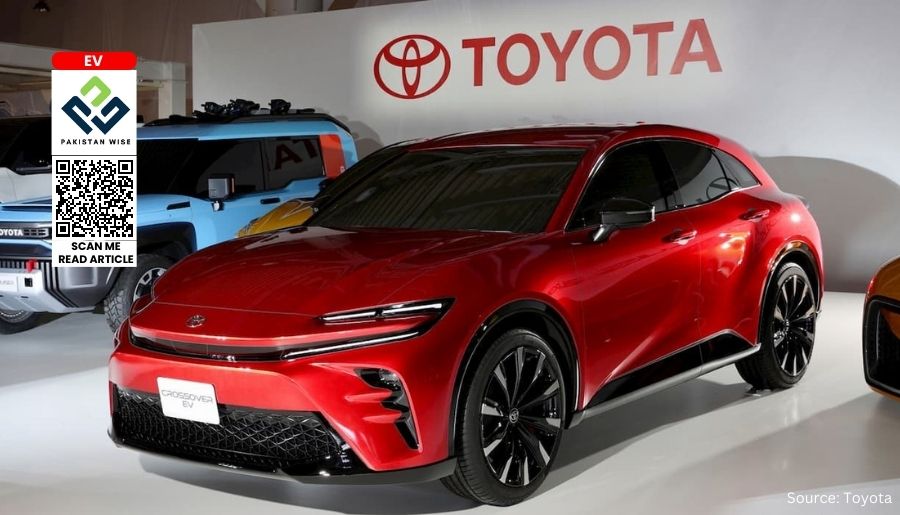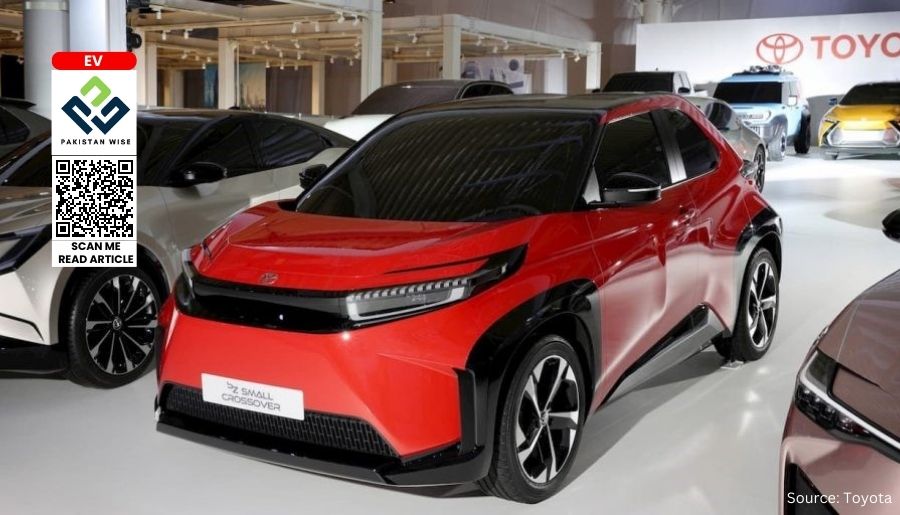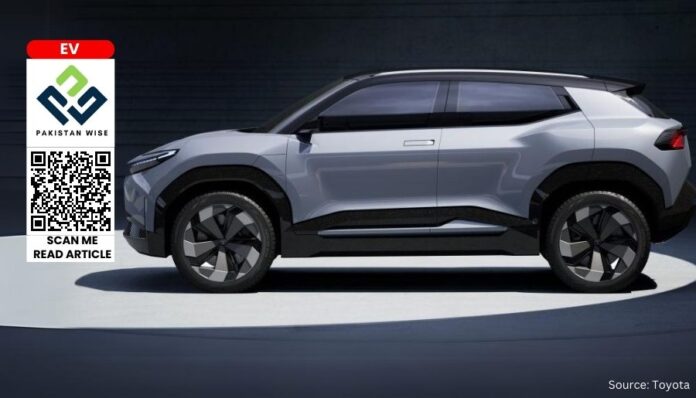Toyota’s Electric Vehicle Strategy
In the ever-evolving landscape of electric vehicles (EVs), Toyota, known for its history of smaller, fuel-efficient cars, is navigating a cautious path amidst a growing demand for compact and cost-effective EVs. While industry competitors such as VW, Stellantis, and Kia gear up to launch economical EVs priced under $30,000 (£25,000), Toyota is prioritizing prudence.
According to Andrea Carlucci, Toyota’s European product development head, the high cost of batteries remains a substantial hurdle for the company to venture into the budget-friendly EV segment.
Challenges of Affordability
Carlucci emphasizes the existing premium associated with electric cars, underscoring the need for a significant reduction in battery costs for Toyota to consider large-scale production of an affordable EV.
The recently unveiled Urban electric SUV serves as Toyota’s initial entry into the EV market, sporting a starting price of approximately $40,400 (£32,000).
Carlucci acknowledges the potential for a cost-effective Toyota EV but clarifies that immediate feasibility is constrained by current market conditions and the scarcity of economical EV alternatives.

Market Dynamics and Toyota’s Caution
In the backdrop of a market flooded with budget-friendly EV options, Carlucci points out that many of these models compromise on the range to achieve affordability.
Despite potential market share implications, particularly in light of competitors like VW’s ID 2 priced at $27,000 (€25,000), Carlucci reiterates that Toyota is closely monitoring market trends and remains open to exploring affordable EV possibilities in the future.
Toyota, with global sales of nearly 9.4 million vehicles in the previous year, faces the challenge of adapting to the electric revolution. Only 1% of Toyota’s sales were EVs, compared to competitors like VW, which achieved approximately 9% of sales through EVs. This signals a discernible consumer preference for electric alternatives, posing a risk to Toyota’s market share.

Strategic Positioning for an Electrified Future
Despite the current cautious approach, Toyota remains committed to introducing advanced EV batteries with improved range and faster charging at a lower cost by 2026.
The potential rollout of an electric Yaris replacement and a strong emphasis on technological advancements suggest that Toyota is strategically positioning itself for a more electrified future.
Conclusion
In conclusion, Toyota’s approach in the evolving electric vehicle market reflects a careful balance between current market dynamics and long-term strategic goals. The company acknowledges the necessity of affordable EVs but is restrained by the current challenges posed by battery costs.
As the industry pivots towards EV dominance, Toyota faces the imperative to expedite its efforts to remain competitive in a rapidly evolving market. The potential success of Toyota’s future EV ventures may hinge on its ability to adapt swiftly to changing consumer preferences and technological advancements, ensuring a sustainable and thriving future in the electric vehicle landscape.

